
By Konrad Kodjo DJAISI
According to the 2023 Global Terrorism Index (GTI), the Sahel region is now the epicentre of global terrorism with nearly half (43%) of the global death toll from terror-related attacks.
The Sahel’s security situation continues to deteriorate- with high civilian casualty rates, death, displacement and a burgeoning humanitarian crisis.
During Ghana’s Chairmanship of ECOWAS in 2017, a group of states adopted the Accra Initiative (AI) agreement with an aim of preventing a spillover of terrorism from Sahelian countries such as Mali, Niger and Burkina Faso – considered terrorism hubs in West Africa and the Sahel – and to address trans-national organised crime and violent extremism.
The Accra Initiative was constituted by Ghana, Benin, Togo, Cote d’Ivoire, Mali and Burkina Faso with Nigeria and Niger as observer states. It is therefore important to note that at its inception in 2017, all member-states of the Accra Initiative were also members of ECOWAS.
However, events since 2021 when three member-states of ECOWAS (Niger, Mali and Burkina Faso) announced their withdrawal from ECOWAS to form the Alliance of Sahel States (AES) following coup d’etats in these states have triggered a fractious response from ECOWAS.
Thus, the broader effect of the split is that there is no longer a sub-regional security arrangement capable of assembling all 15 countries which used to group together on the platform of ECOWAS to address threats to security.
The Kofi Annan International Peacekeeping Training Centre (KAIPTC) in partnership with the government of Japan and United Nations Development Programme (UNDP), implemented the one-year project on ‘Support to strengthen capacities for promoting efficiency in implementation of the Accra Initiative in West Africa and the Sahel’.
Consequently, project stakeholders met at KAIPTC on September 4 as a steering committee to review project activities implemented during its life-cycle. Deputy Commandant of KAIPTC, Air Commodore David Akrong, in his closing remarks said the project’s outcomes have positively impacted operational readiness and coordination among member-states.
He observed that challenges in West Africa and the Sahel remain dynamic and multifaceted, therefore sustaining the momentum and deepening partnerships forged through the Initiative will be essential.
Ambassador of Japan to Ghana Hiroshi Yoshimoto said peace and security has always been important to Japan’s cooperation with Africa – and he is proud to support the Accra Initiative which aligns with a long-standing principle of locally-driven efforts to address critical challenges.
At the Tokyo International Conference on African Development (TICAD) 8 in Tunis, Japan pledged to foster cooperation through support of adequate training for African-led peace support missions and capacity building.
The post KAIPTC to strengthen Accra Initiative implementation appeared first on The Business & Financial Times.
Read Full Story
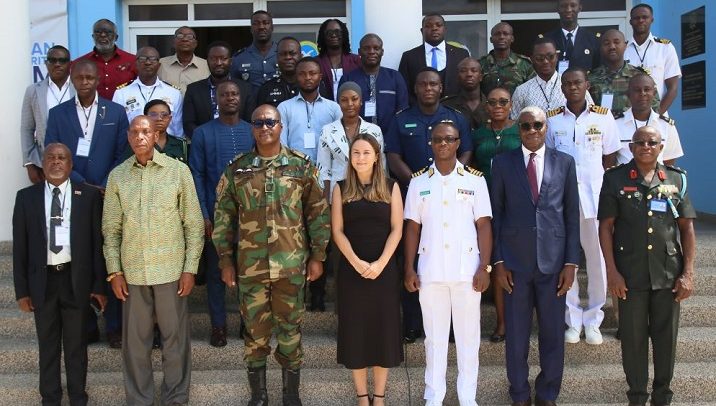
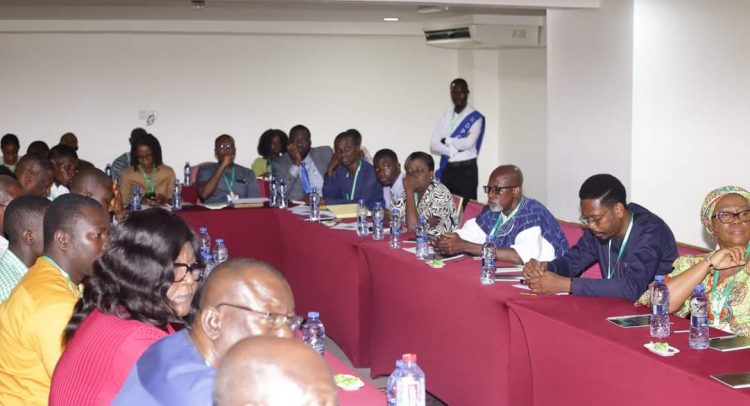
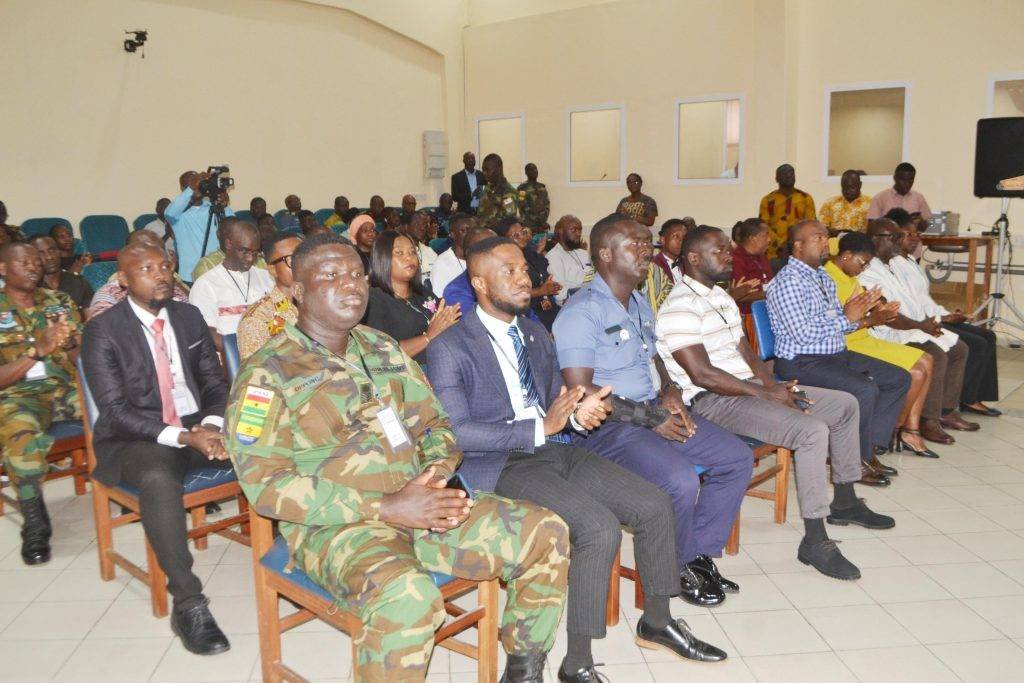


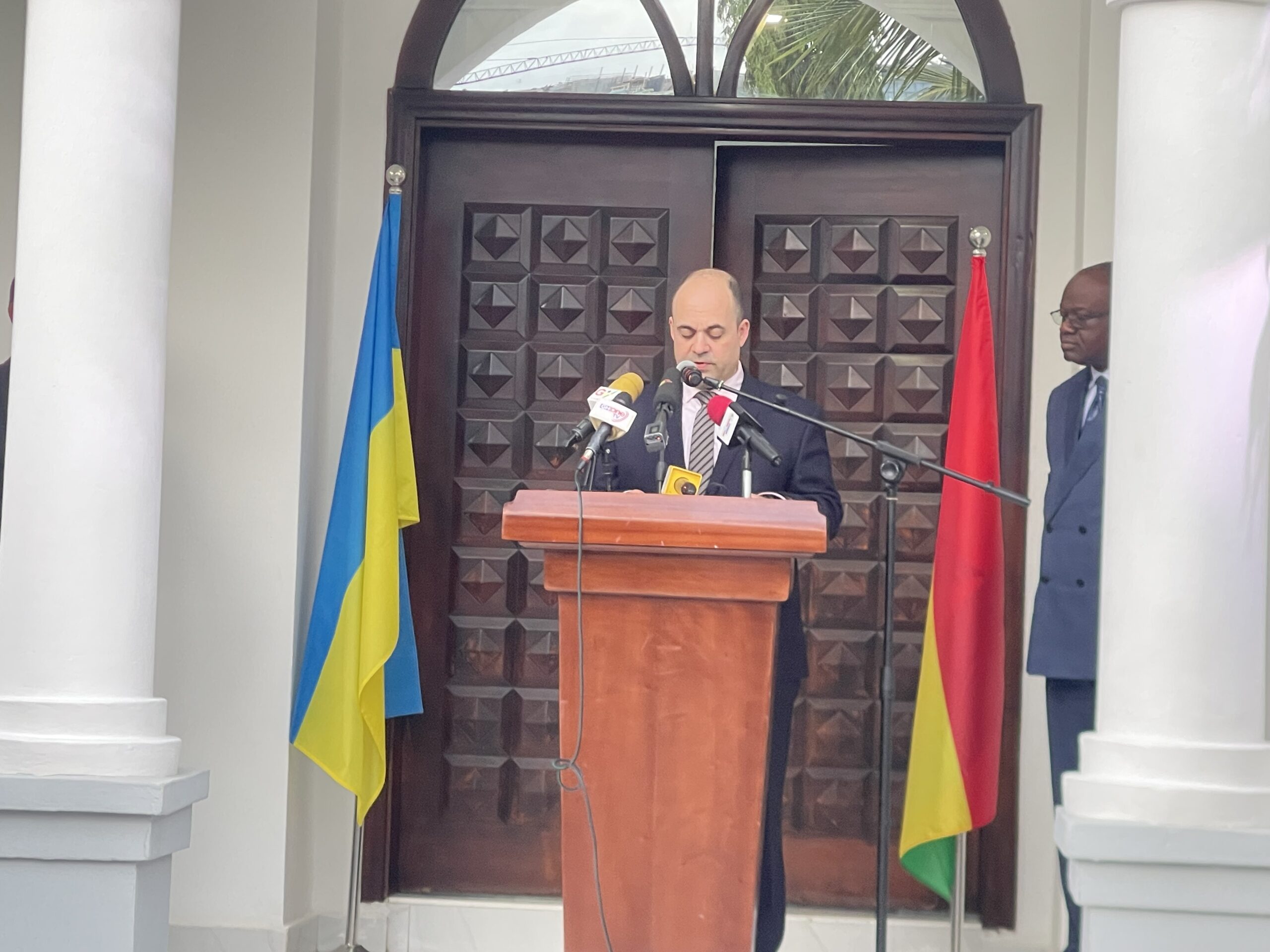


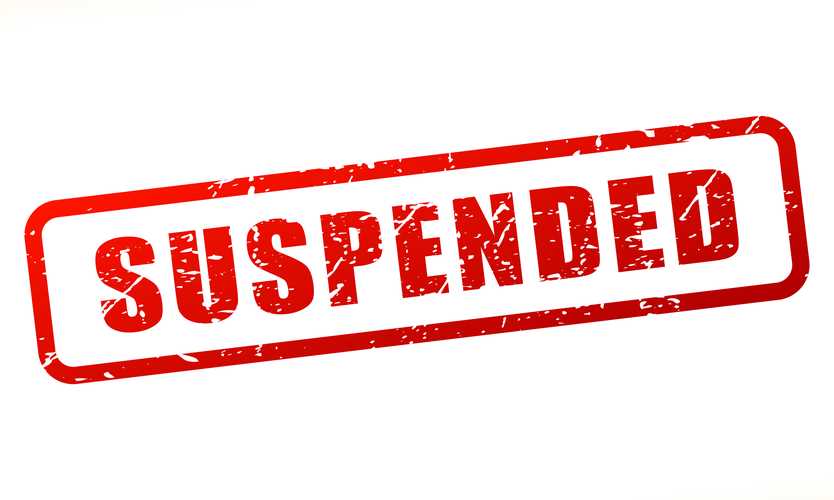
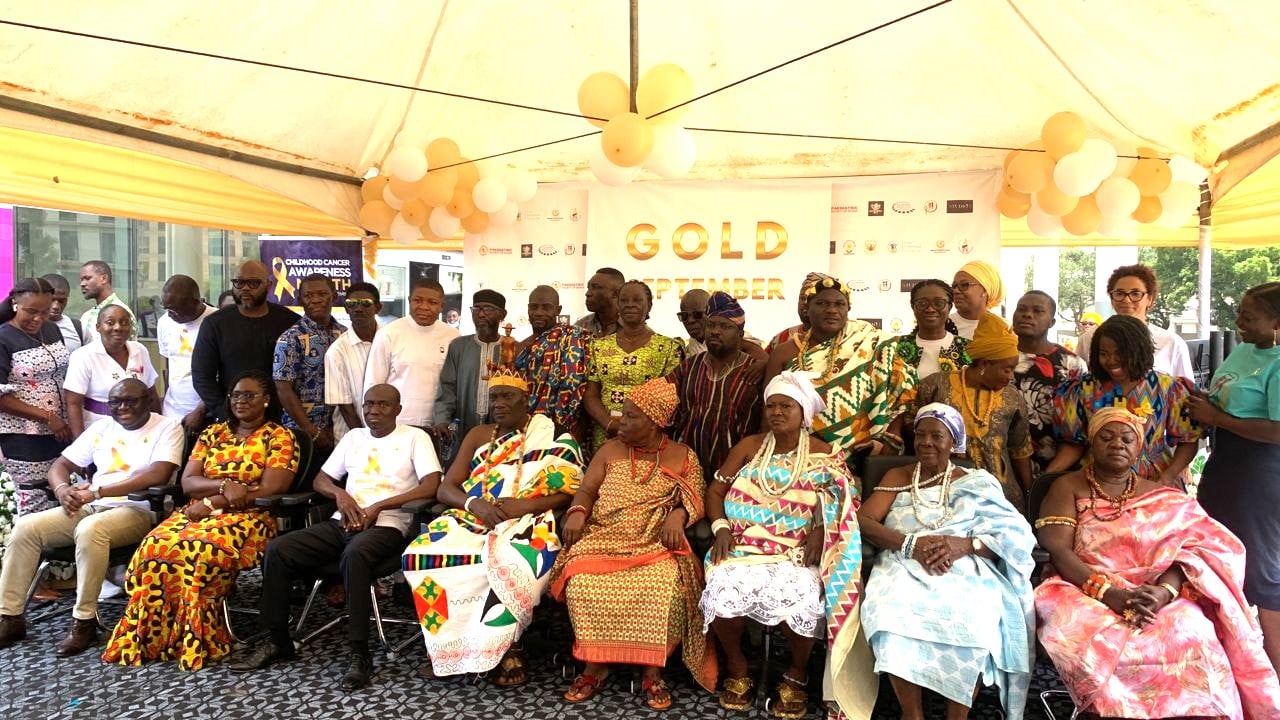

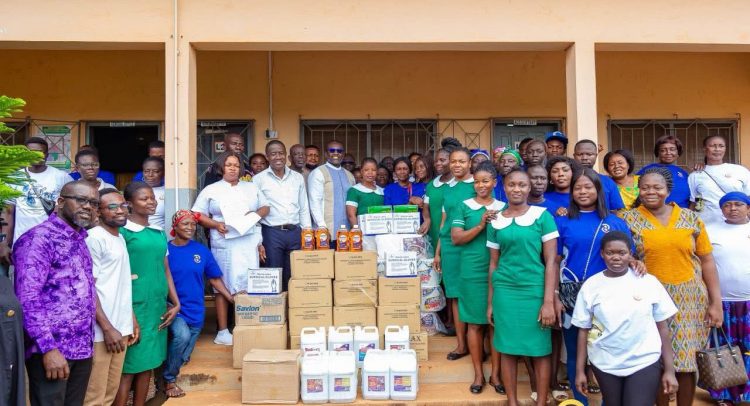






Facebook
Twitter
Pinterest
Instagram
Google+
YouTube
LinkedIn
RSS